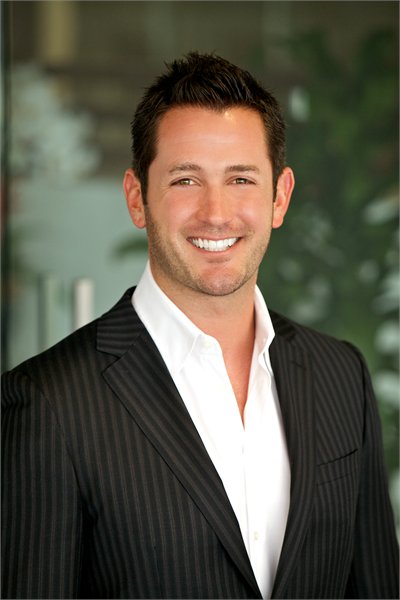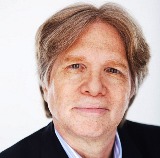 A Q&A with Seraph Group founder and president Tuff Yen about Angel investing and the current state of technology Seed-stage investing. Seraph Group is considered a ‘Super Angel’ fund that invests between $50,000 and $1 million in high-growth startups. The fund made its first investment in 2005, based on the idea that it would bridge a gap left by individual Angel investors and institutional VCs.
A Q&A with Seraph Group founder and president Tuff Yen about Angel investing and the current state of technology Seed-stage investing. Seraph Group is considered a ‘Super Angel’ fund that invests between $50,000 and $1 million in high-growth startups. The fund made its first investment in 2005, based on the idea that it would bridge a gap left by individual Angel investors and institutional VCs.
SUB: Please briefly describe the vision behind Seraph Group.
Yen: Angels face challenges in securing quality deal flow, analyzing merits and negotiating good terms. Entrepreneurs, on the other hand, found raising Angel capital very tedious and time consuming, often dealing with a large number of small investors with different minds. I founded Seraph and solved these challenges by creating a diversified portfolio of 20-plus startups for investors and providing them the opportunity to co-invest on a deal-by-deal basis. All the research, vetting, negotiation and reporting are done. Investors can participate in screening the deals and working with portfolio companies. Entrepreneurs no longer have to herd cats during the fundraising process. They get one check in a timely manner and a network of more than 180 valuable investors from 23 cities to support them. This approach is far superior and the result speaks for itself.
SUB: When did you start the company, and why did you want to start a fund for Seed-stage startups in particular?
Yen: The idea was cemented in early-2000, but we officially launched in late 2004 and made our first investment in 2005. Five things that made me focused on Seed-stage. First, I noticed the transformation of the IT industry into cloud, meaning companies no longer need a large sum of capital upfront to build a business. One million dollars is often sufficient to test and validate a business idea. Second, there were few investment firms specializing in writing $500,000 to $1 million checks, so the space was not crowded. This is the well-known ‘capital gap.’ Seed-stage startups were too young to attract the tradition VC money back then and the amount of funding is normally too large for an individual to shoulder. Third, entrepreneurs told me over-and-over again the pain they experienced when dealing with Angel groups. Fourth, there are a large number of qualified high net worth individuals who want to invest and help entrepreneurs. Last but not least, risk and reward is attractive for professional Seed-stage investors when you are skilled at deal picking, buy at a good price, and have a large enough portfolio.
SUB: What types of companies do you look to invest in with this fund?
Yen: We are tech investors, so we naturally look for business whose technology is a significant reason why it wins, regardless whether the business is in healthcare, education, enterprise, or aerospace.
SUB: What kinds of companies/sectors would you say are leading the way in technology innovation right now?
Yen: There are lots of companies applying technology to various aspects of businesses, from IT to marketing, from sales to customer services. There is lots of talk about mobile computing, big data, transportation, healthcare information, etc. Then there are the few game-changer companies working on fundamental breakthroughs, like energy, material science, and chemistry.
SUB: There have been several big early-stage VC raises lately, and the frequency and numbers of investment in early-stage technology companies seems to be on an upward trajectory this year. What do you think this indicates about the tech startup economy?
Yen: From what I know, the number of VC firms are shrinking. The good thing is the institutional investors still believe in venture capital but they are giving money to fewer firms. This is good and bad, depending on how you look at it. Concentration of capital is a double-edged sword. The number of startups will continue to rise, as that is the core engine of America’s growth. Young people, particularly tech graduates, today are less interested in being a career IBMer than striking out on their own.
SUB: Generally, what characteristics do you look for in a company and in founders when you are considering an investment?
Yen: Elements that I look for include: drive, commitment, ability to navigate and adapt, skills, and character. At Seraph, our network of 180-plus investors, each successful in his or her own right, brings great founders to us—a team people associate with ‘A’ team people.
SUB: What is the one primary piece of advice you would offer to entrepreneurs just starting out and building a new technology startup?
Yen: Be bold and prudent at the same time.
# # #
Tuff Yen established Seraph Group in 2004. He has a bachelor’s degree from the University of California, Berkeley, and an MBA from the Yale School of Management.












